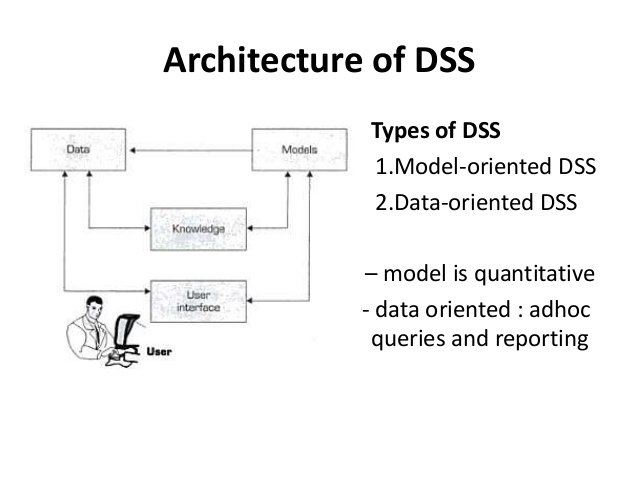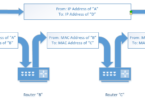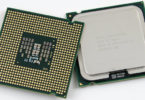DSS vs BI
Summary: Difference Between Decision Support System and Business Intelligence is that decision support system (DSS) helps users analyze information and make decisions. Often, a transaction processing system or management information system does not generate the type of report a manager needs to make a decision. While Business intelligence (BI) includes several types of applications and technologies for acquiring, storing, analyzing, and providing access to information to help users make more sound business decisions.

DSS
A decision support system (DSS) helps users analyze information and make decisions. Often, a transaction processing system or management information system does not generate the type of report a manager needs to make a decision. Programs that analyze data, such as those in a decision support system, sometimes are called online analytical processing (OLAP) programs. A decision support system uses data from internal and external sources. Internal sources of data might include sales orders, Material Requirements Planning results, inven tory records, or financial data from accounting and financial analyses. Data from external sources could include interest rates, population trends, costs of new housing construction, or raw material pricing.
Some decision support systems include their own query languages, statistical analyses, spreadsheets, and graphics that help users retrieve data and analyze the results. Some also allow managers to create a model of the factors affecting a decision. A product manager might need to decide on a price for a new product. A simple model for finding the best price would include factors for the expected sales volume at various price levels. The model allows the user to ask what-if questions and view the expected results.
A special type of decision support system, called an executive information system (EIS), supports the strategic information needs of executive management. An EIS presents information as charts and tables that show trends, ratios, and statistics that aid in the decision making process.
BI
Business intelligence (BI) includes several types of applications and technologies for acquiring, storing, analyzing, and providing access to information to help users make more sound business decisions. BI applications include decision support systems, query and reporting, online analytical processing (OLAP), statistical analysis, and data mining.
Also Read:
Difference Between ERP and CRM
Difference Between CMS and CRM
Difference Between Communications and Marketing
Difference Between Workflow and Process







Leave a Comment
You must be logged in to post a comment.